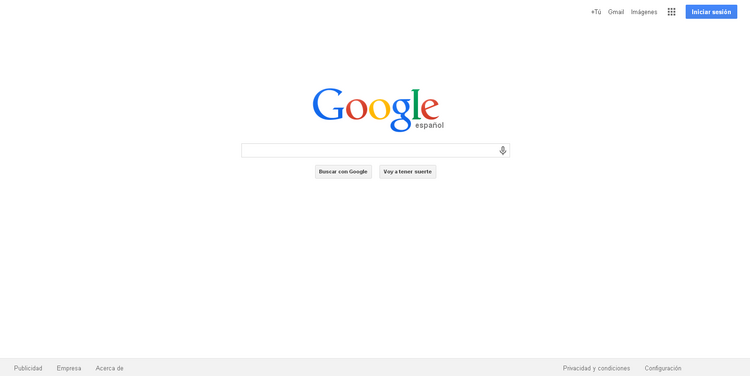Writing at the Wall Street Journal today, Philip Delves Broughton reviews (subscribers only) Ian Leslie's Curious: The Desire to Know and Why Your Future Depends On It.
Mr. Leslie writes that there are two major categories of curiosity. Diversive curiosity, the attraction to everything novel, is superficial and easily satisfied--little more than a temporary fix for boredom. Epistemic curiosity, a deeper desire to understand a subject from top to bottom, may lead to a lifetime's study and even profound discovery. . . .Epistemic curiosity depends on friction, on uncertainty, on being aware of our own ignorance--the very opposite of the quick-fix omniscience of a Google search. Those who are epistemically curious see life as a mystery to be patiently explored and dimly understood rather than mastered with a how-to list. They invest in acquiring the mental tools with which to tackle difficult problems. They bother to learn foreign languages and hard sciences and are always asking "why" as well as "what" questions. They use technology as a rapier rather than a crutch.
Modern society, notes Delves Broughton, is badly in need of the right kind of curiosity - the epistemic kind:
The sheer abundance of information at our disposal risks turning us into a society of glib know-it-alls, ignorant of our own ignorance. We may not all need to be like the 3-year-old John Stuart Mill pacing across Hampstead Heath with his father reciting ancient Greek, but we do need to know that being able to look up something on our iPhones doesn't make us smart. Mr. Leslie cites a question recently posted on the social-news and discussion site Reddit: "If someone from the 1950s suddenly appeared today, what would be the most difficult thing to explain to them about today?" The most popular answer was this: "I possess a device in my pocket that is capable of accessing the entirety of information known to man. I use it to look at pictures of cats and get into arguments with strangers."








